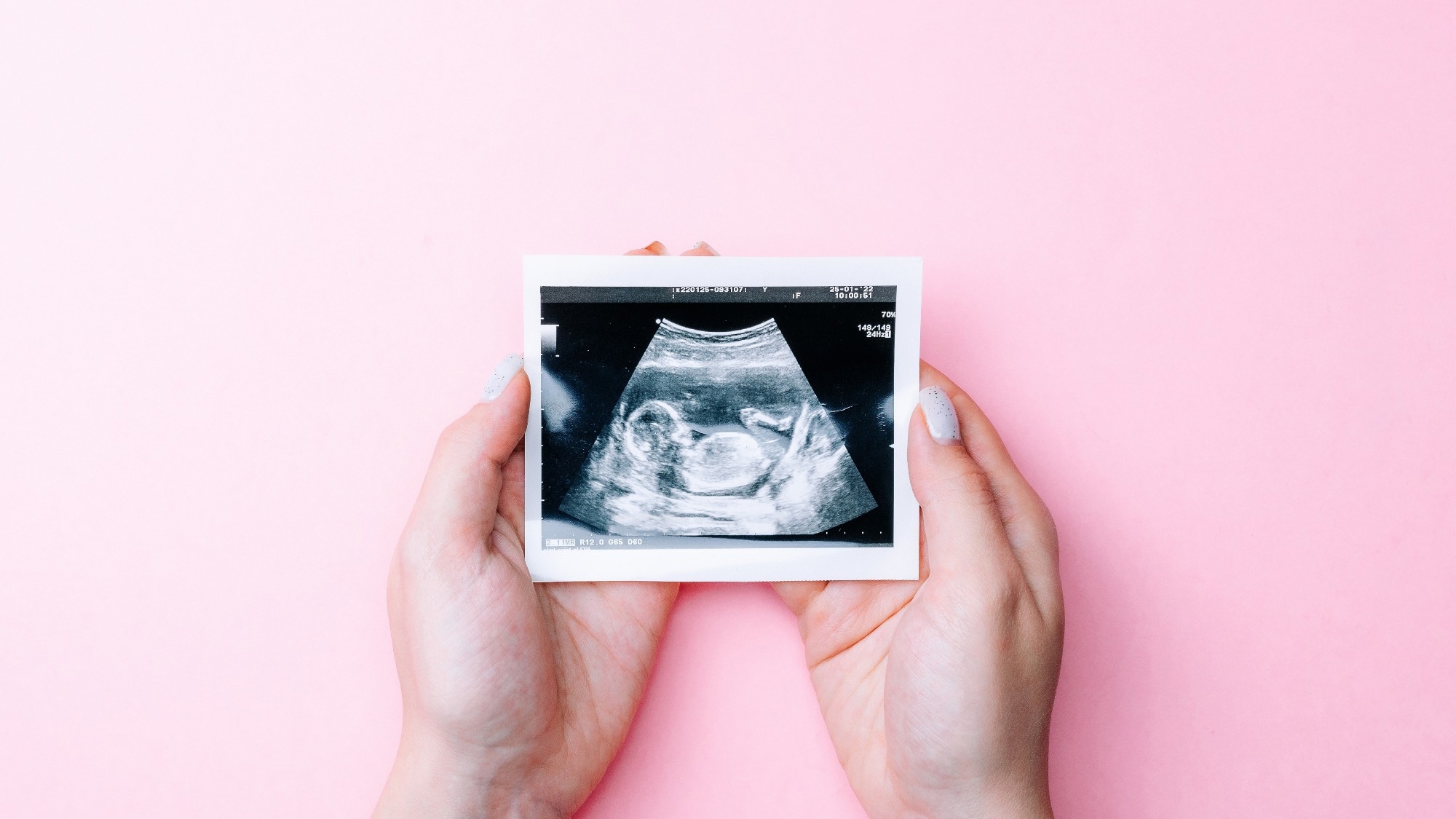Scientists have identified the significance of learning intercourse as a organic variable. Nonetheless, it’s not properly understood how female-specific components, corresponding to being pregnant and menopause, have an effect on the mind. Lately, scientists reviewed the short-term and long-term influence of being pregnant on neuroinflammation, cognition, and neuroplasticity. This overview is offered within the journal .
Evaluate: n. Picture Credit score: MVelishchuk / Shutterstock
The Brief-term Results of Being pregnant on Physiology
Females endure immense physiological adjustments throughout being pregnant to assist the event of the fetus. An enhancement in oxygen consumption, plasma quantity, metabolic fee, and cardiac output has been related to being pregnant. As well as, alterations in immune regulation, insulin sensitivity, and structural adjustments within the mind have additionally been noticed in girls throughout their being pregnant.
Throughout being pregnant, the manufacturing of estrogens rises by 300 occasions after which immediately declines after the expulsion of the placenta. Hormones particular to the placenta, corresponding to estriol, placental lactogen, and relaxin, are absent exterior of being pregnant. Analysis on the results of those hormones is important as a result of being pregnant may change the course of many neurological problems, e.g., a number of sclerosis (MS), and postnatal and postpartum despair
Being pregnant is related to a brief and non-uniform discount in complete mind quantity, which may result in pre-eclampsia, a typical being pregnant complication. It has been noticed that the amygdala, prefrontal cortex, cortical thickness of the prefrontal cortex, and hypothalamus enhance from quickly after delivery to 12–16 weeks postpartum. Quite the opposite, areas such because the cerebral cortex, hippocampus, and ventral striatum shrink two months postpartum. Surprisingly, reductions in grey matter haven’t been related to cognitive scores, though 80% of females have reported cognitive impairments throughout being pregnant and postpartum.
Modifications in temporal coherence within the default mode community throughout being pregnant have been noticed in people. Immune signaling fluctuates dramatically throughout being pregnant and normalizes just a few weeks after delivery. Fetal intercourse performs an essential function in figuring out inflammatory profiles, though this concern is under-researched within the literature. Moreover, increased ranges of interleukin 6 (IL-6) and IL-1β have been noticed throughout the hippocampus and medial frontal cortex within the early postpartum. General, in people, being pregnant results in alterations within the mind and whole-brain quantity discount, which reverses 6 months after being pregnant.
The Lengthy-term Results of Being pregnant on Physiology
Prior being pregnant has been related to decrease estradiol ranges and shorter menstrual cycles in center age. Additionally, elevated parity seems to be correlated with elevated weight problems in middle-aged postmenopausal girls. A historical past of pregnancies can be related to longevity, and a number of other mechanisms may drive this relationship, corresponding to cardiovascular well being and the speed of mobile ageing (telomere size)
Earlier being pregnant may have an effect on neuroplasticity in center age. Analysis utilizing the ‘BrainAGE’ algorithm documented that ladies who beforehand gave delivery had ‘younger-looking’ brains in center age in contrast, compared to those that by no means gave delivery. Apparently, older males with earlier fatherhood expertise confirmed physiological adjustments which were related to elevated social cognition and empathy.
Primarily based on insights derived from rodent-based research, scientists acknowledged that reproductive expertise is correlated with diminished mind ageing in people and elevated ranges of synaptic proteins and neurogenesis within the hippocampus of rodents in center age. In these research, it was noticed that reproductive expertise diminished the variety of mind and peripheral cytokines lengthy after giving delivery. Parity may confer an anti-inflammatory and a protecting setting in the long run. Nonetheless, extra analysis is required to grasp the function of different components, corresponding to the quantity of parity and fetal intercourse.
The impact of reproductive expertise on long-term cognition is unclear because of confounding results of cognitive duties getting used, quantity of parity, and so forth. An inverted U-shaped impact of parity on international cognition has been documented, with girls who had 1-4 pregnancies performing higher than these with grand parity or nulliparity. Parity may additionally have an effect on long-term cognition based mostly on the age of the primary being pregnant and the length of breastfeeding.
Issues throughout being pregnant may enhance the chance of dementia, heart problems, stroke, and sort 2 diabetes. Hypertensive problems of being pregnant have been related to an elevated threat of stroke. The prior reproductive expertise may additionally enhance the chance of Alzheimer’s illness (AD). Nonetheless, this isn’t a unidirectional outcome, as research in Asia have proven that nulliparity will increase dementia threat, whereas European and Latin American research have proven that grand parity will increase dementia threat.
In line with the wholesome cell bias concept, estrogens may have a neuroprotective impact in wholesome people however be detrimental in people with illness. This might clarify the inconsistencies within the results of parity on dementia threat. Gestational problems, corresponding to gestational diabetes, might counteract the protecting results of being pregnant and/or exacerbate AD threat. The pathological mechanisms of gestational diabetes usually are not totally understood, however variants of genes related to heightened AD threat are additionally related to gestational diabetes. In sum, this implies that prior reproductive expertise adjustments the chance of many anomalies which are exacerbated by the presence of gestational problems.
